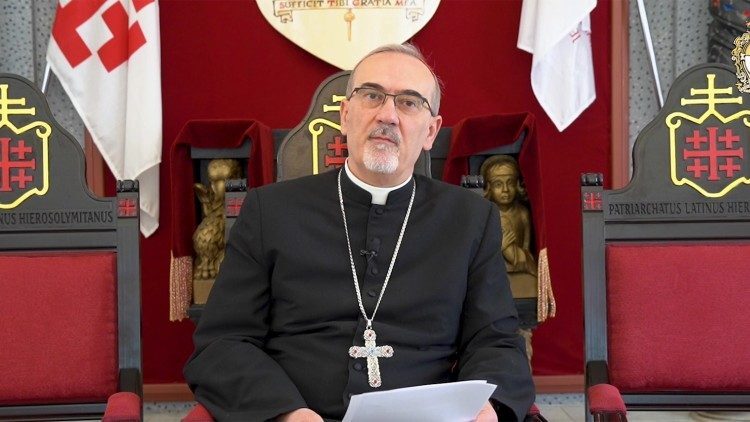Israeli strikes have continued to ravage the Gaza Strip. At least 35 Palestinians were killed, including 12 guarding aid trucks and medics on December 12. In the midst of the conflict, the Latin Patriarch of Jerusalem expressed his belief that the end to the violence is near.
The peak is behind us
“I think that the peak of the war in Gaza is behind us,” Cardinal Pierbattista Pizzaballa stated at a press conference organized by Aid to the Church in Need. He argued the ceasefire established between Hezbollah and Israel has an impact on Gaza and Hamas. The Patriarch explained his impression “is that in the coming weeks or months, we will arrive at some compromise.”






